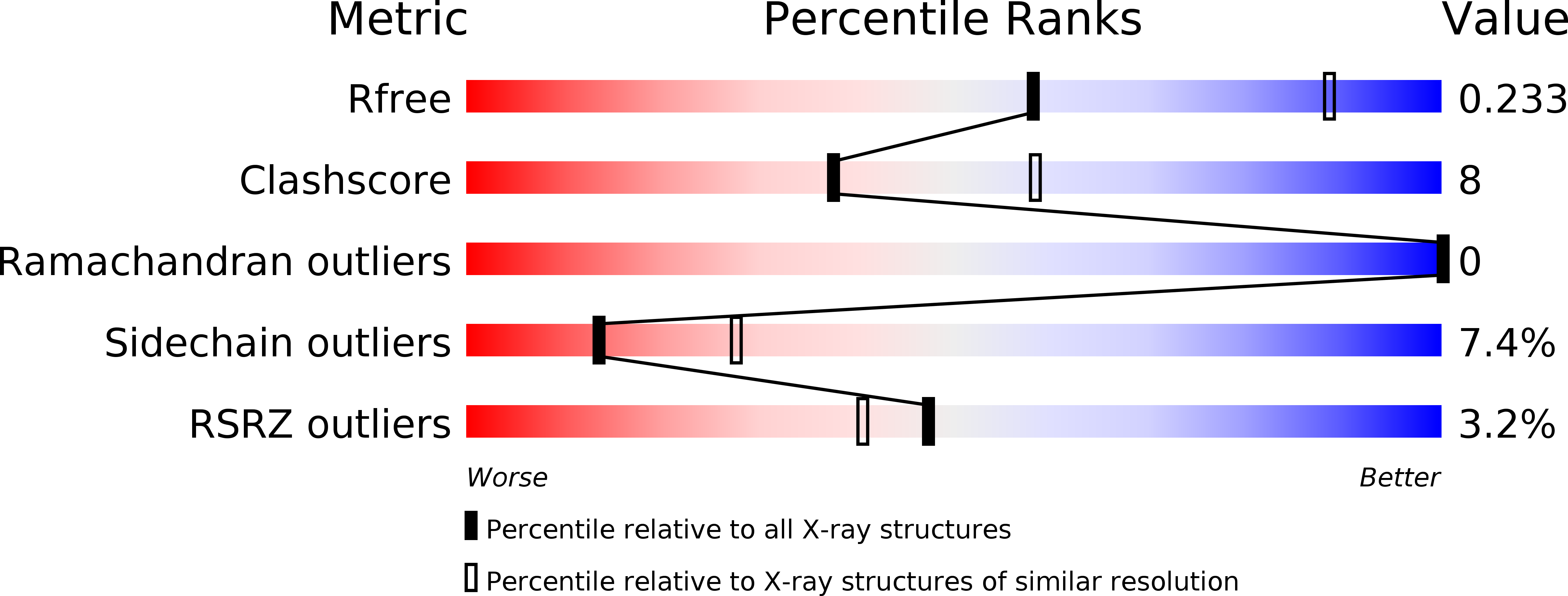
Deposition Date
2019-11-14
Release Date
2020-07-15
Last Version Date
2024-10-16
Entry Detail
Biological Source:
Source Organism(s):
Kluyveromyces lactis (Taxon ID: 28985)
Expression System(s):
Method Details:
Experimental Method:
Resolution:
2.60 Å
R-Value Free:
0.23
R-Value Work:
0.18
R-Value Observed:
0.18
Space Group:
C 1 2 1


